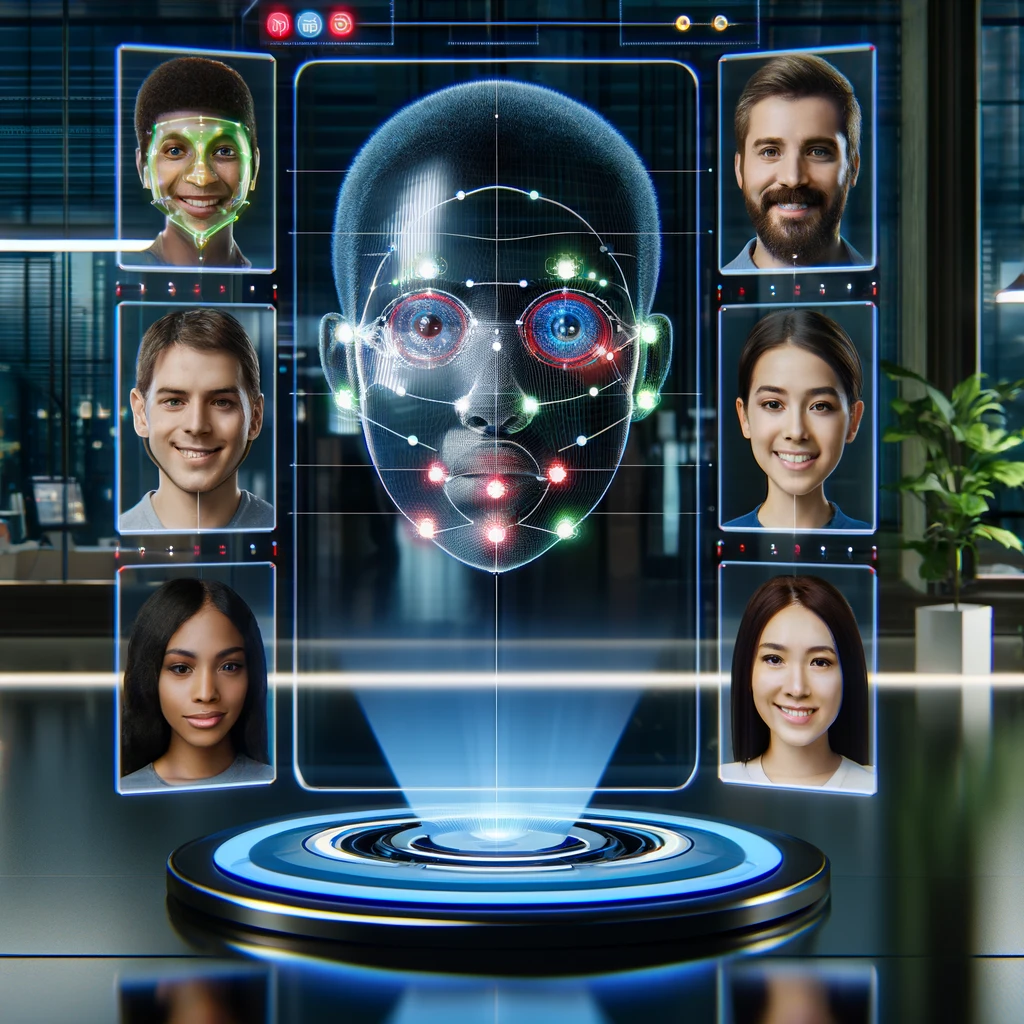Artificial Intelligence that is able to recognize and interpret emotions, often referred to as Emotion AI, can have a number of potential benefits. In this article we will see the main benefits of Facial Emotion Recognition, and the possible risks.
Here are some of the ways that Emotion AI could be used:
- Improving customer service. Emotion AI can help customer service agents better understand the emotions of their customers. This could allow them to provide more personalized and effective support.
- Enhancing virtual assistants. Emotion AI can make virtual assistants more human-like, by allowing them to recognize and respond to the emotional state of the user.
- Improving mental health: Emotion AI can help identify individuals who may be at risk of developing mental health issues. It can also provide them with appropriate support and resources.
- Enhancing education: Emotion AI can help teachers better understand the emotional state of their students. This can allow them to tailor their teaching approaches to better meet the needs of their students.
- Improving decision-making. Emotion AI can help individuals and organizations make more informed decisions by taking into account the emotional state of those involved.
So, what are the main benefits of Facial Emotion Recognition and its risks?
Overall, Emotion AI has the potential to improve communication and understanding between people. Also, it can provide valuable insights and support in a variety of settings.
But there are several risks associated with using Artificial Intelligence (AI) to recognize and analyze emotions. Some of the main risks include:
Misinterpreting or misunderstanding emotions.
AI systems may not always accurately interpret or understand the emotions of humans. This may happen particularly if they are not trained on diverse data sets. As a consequence, AI analysis can lead to incorrect conclusions or decisions. At MorphCast we are constantly working to improve the accuracy of our neural networks. We focus especially on Russell’s model of Arousal and Valence, considering Ekman’s model of the six basic emotions simplistic. We regularly evaluate and test the accuracy and reliability of emotion AI systems to ensure they are functioning as intended.
Bias in training data.
If the data used to train an Emotion AI system is biased, the system may also be biased in its analysis and decision-making. This can lead to unfair or discriminatory outcomes. For this reason, MorphCast team continuously expands the already substantial datasets with which we train our model with diverse, representative, and free from bias data.
Privacy concerns.
Using Emotion AI may involve collecting and analyzing sensitive personal data, which raises privacy concerns. If this is generally true, our artificial intelligence engine analyzes the camera frames directly in the browser or app of the user’s device. This naturally eliminates the privacy risks due to the transfer to the servers of the frames with the user’s sensitive data (image of the face). We also implemented strong privacy protections and transparently disclosing how personal data is collected, used, and protected (available at Corporate Social Responsibility) to mitigate these risks.
Misuse or abuse of emotion AI.
Unscrupulous actors could potentially misuse or abuse of Emotion AI systems for nefarious purposes, such as manipulating or exploiting individuals or groups. Since the MorphCast engine works on browsers, we take special care to view the online projects created by our customers every day. We take action to remove abuse or misuse within max 24 hours of being posted online.
Guidelines and policies for a responsible use of Emotion AI
Towards our customers, we impose ourselves on establishing clear guidelines and policies for the responsible use of Emotion AI. We also regularly reviewand update these guidelines as needed. Educating customers and their users about the capabilities and limitations of Emotion AI is part of our commitment. As well as providing resources for them to better understand and use these systems.




